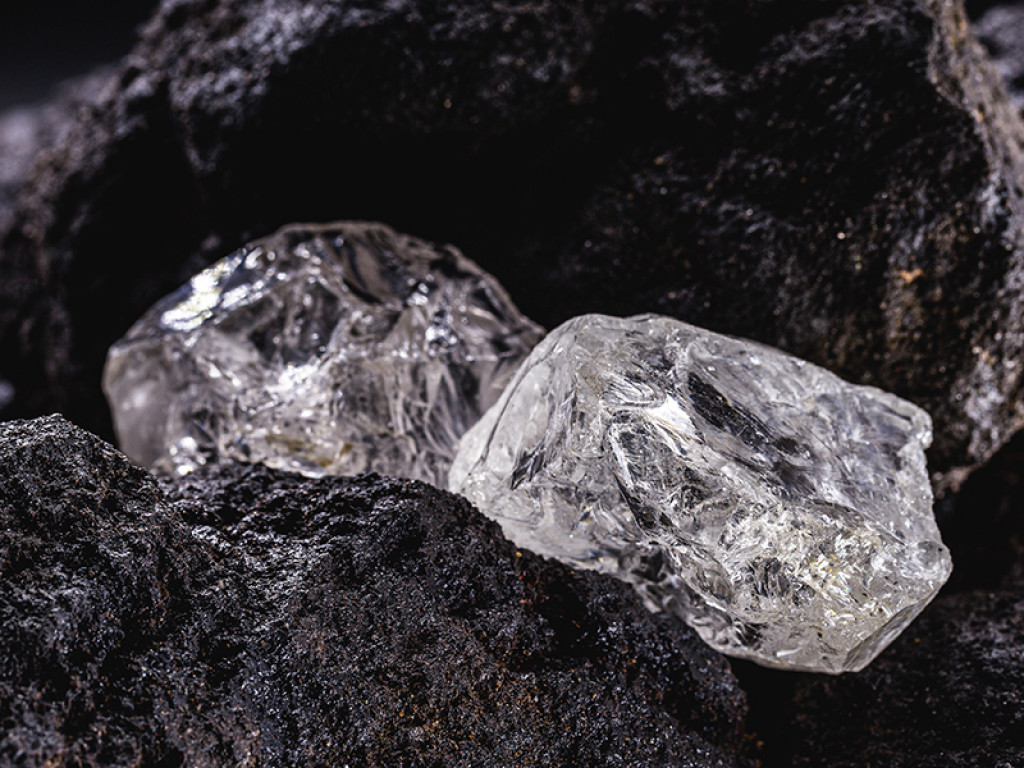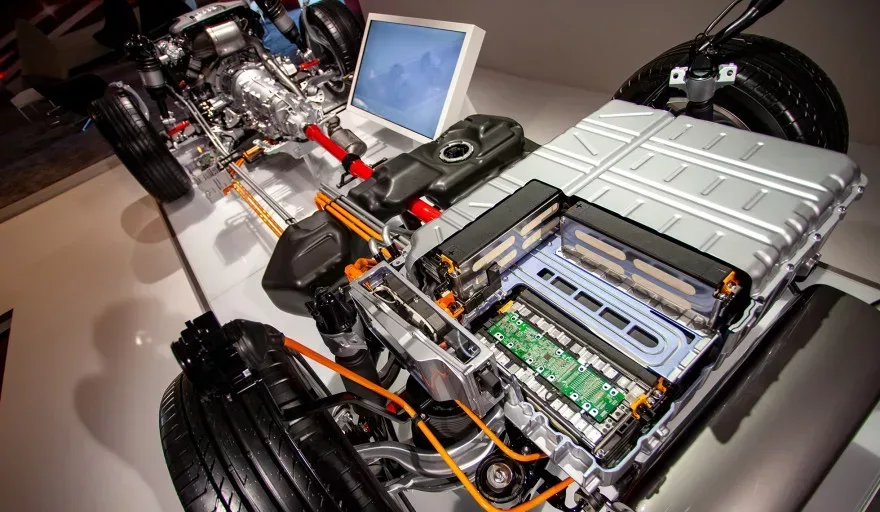President Joe Biden’s Inflation Reduction Act (IRA) tackles climate change whilst encouraging a prosperous future for the North American mining sector.
Mining may not be the most obvious industry to play such an integral role in a bill designed to tackle climate change and inflation. Yet in President Joe Biden’s recent climate law, the $69 billion Inflation Reduction Act (IRA), the sector seems set for a fruitful future.
After the bill’s signing on 16th August, the industrial landscape has become defined by celebration and expectation, poised to reap the benefits that the new legislation will offer.
This primarily entails major tax breaks for domestic mining companies producing minerals that play a pivotal role in driving the US decarbonization agenda. Lithium is a key example of one such critical mineral, as a vital resource in the development of products for electric vehicles (EVs). This expanded EV tax credit is a key move in realigning the balance of the US’ reliance on China as the global leader of mineral supply chains.
Whilst it is proven that lithium can be successfully mined in the US, uncertainty prevails over other battery-producing minerals such as graphite, nickel, and cobalt. These minerals are the foundation for a host of energy transition solutions, be it EVs, wind turbines, or solar panels.
To encourage domestic production will only heighten national security in a world that has become defined by fraught geopolitical tensions and disrupted supply chains.
As reported by Greenwire, the Biden administration is also turning its attention to Canada in its pursuit of raw materials, with funding opportunities proposed for mining and metals companies. This will be available through the Defense Production Act – legislation that was originally passed in response to the Korean War as a means to strengthen US supply chains.
In addition, the IRA hints at Pentagon funding for other mining-related projects taking place across the country. This will encompass certain mining activities, including processes to produce minerals as a by-product of other commodities, carrying out improvements on existing mine sites, and undertaking feasibility studies.
This new law effectively encourages the birth of a new industry within the wider mining sector, one that is defined by exclusively serving the e-mobility and energy space. Although the question of the law’s success and impact is yet to be realized, the next few decades represent a defining moment in the US’ journey to become a polestar for mineral production.








































